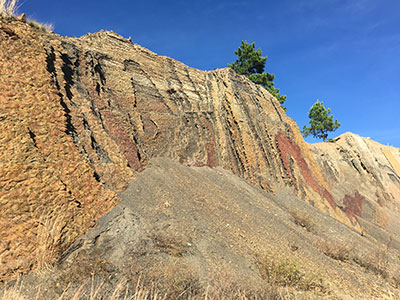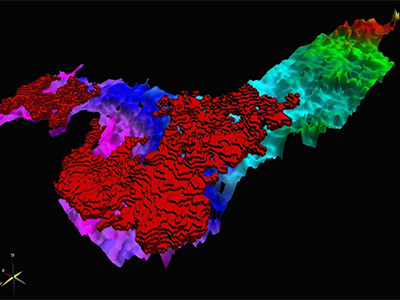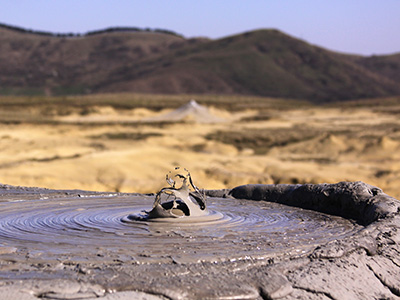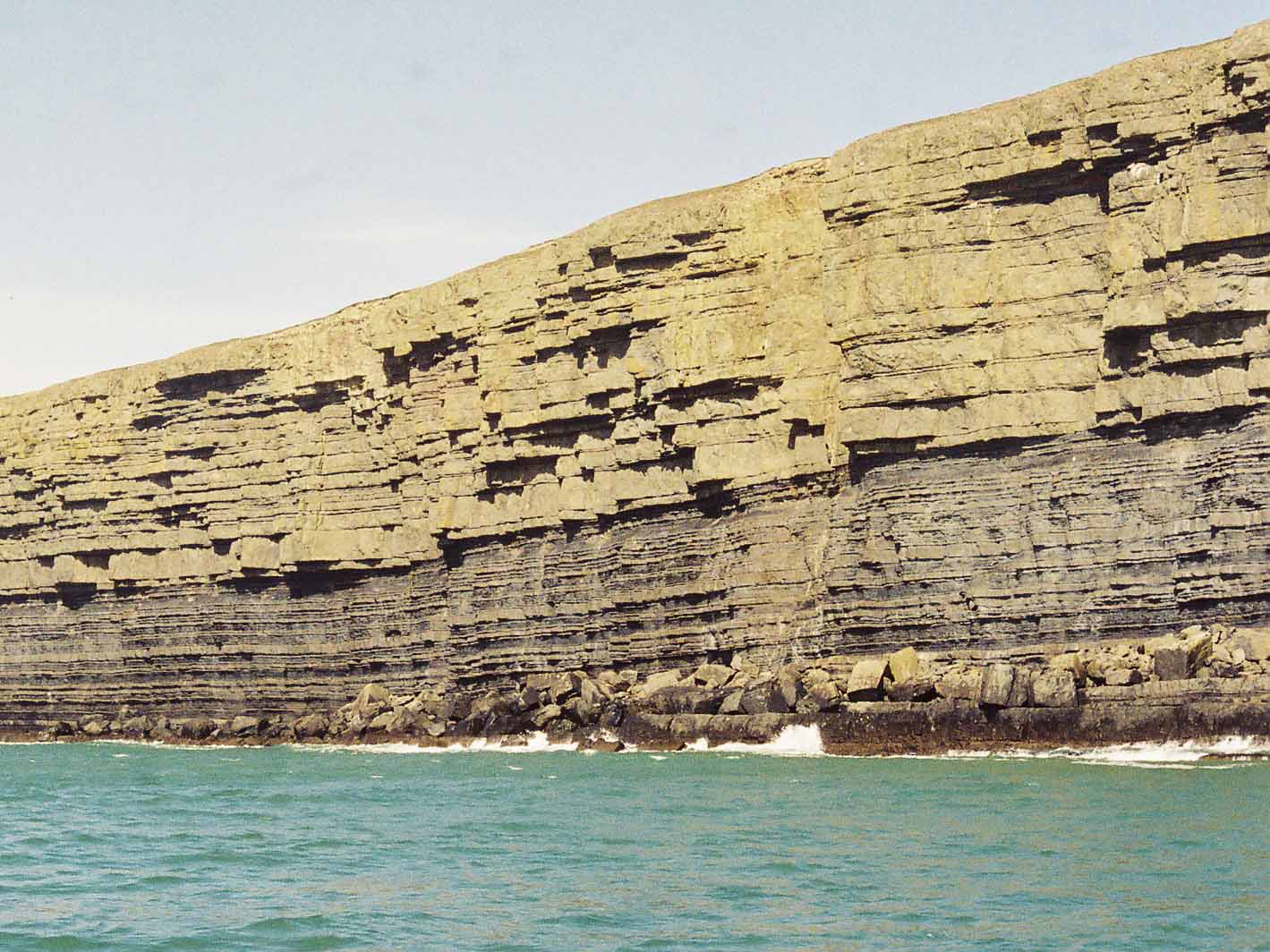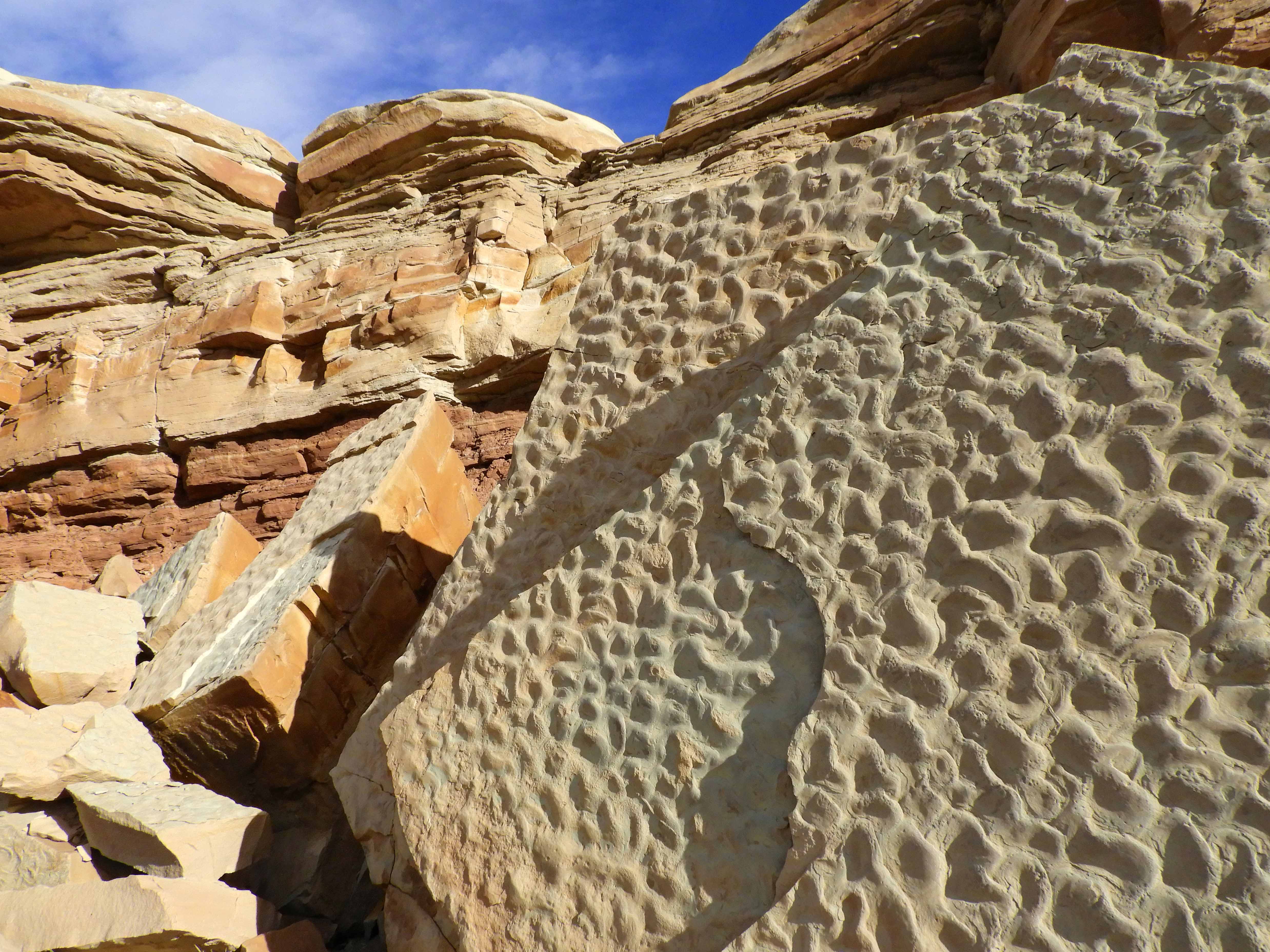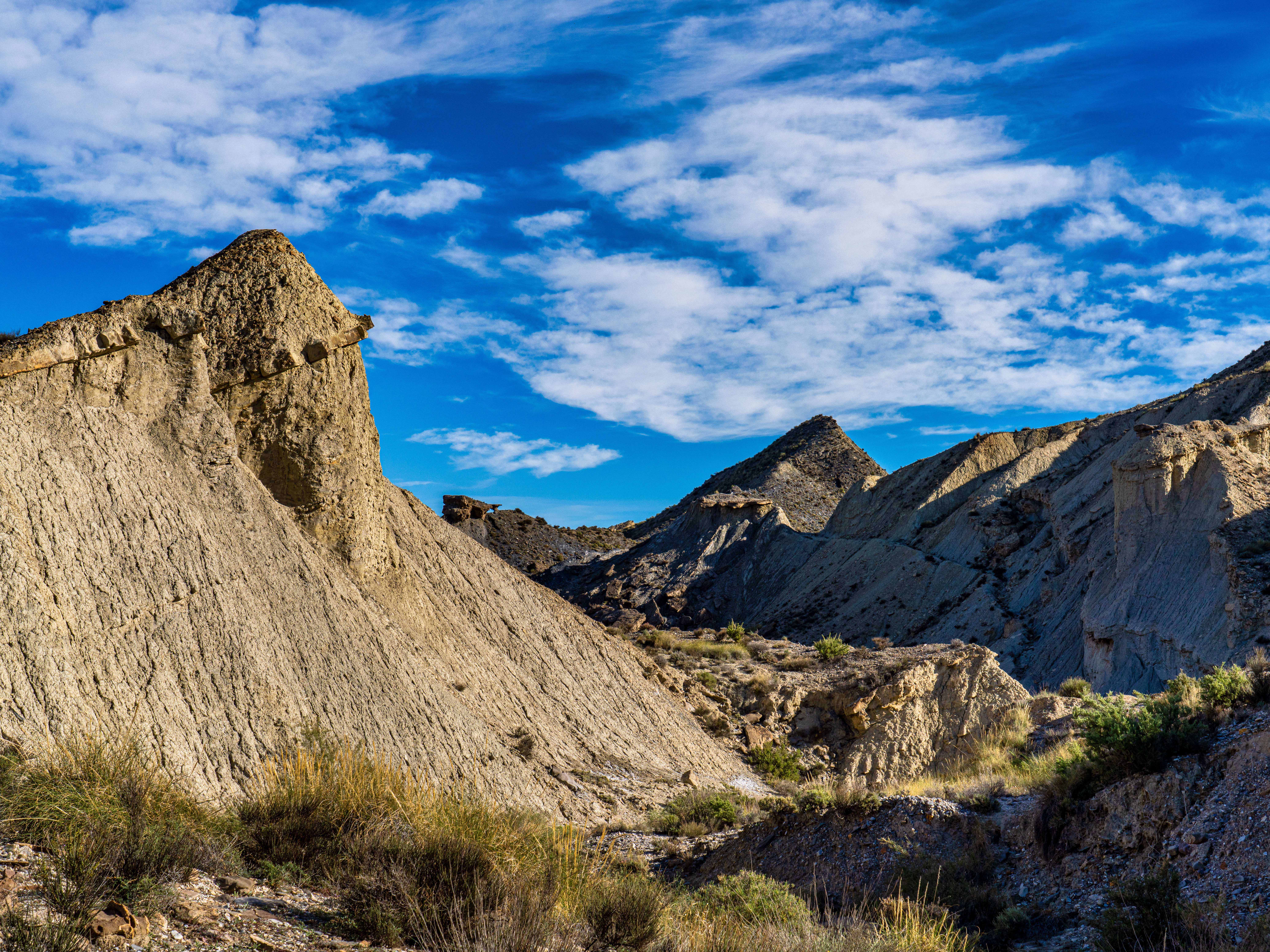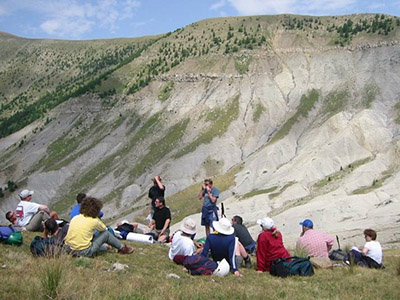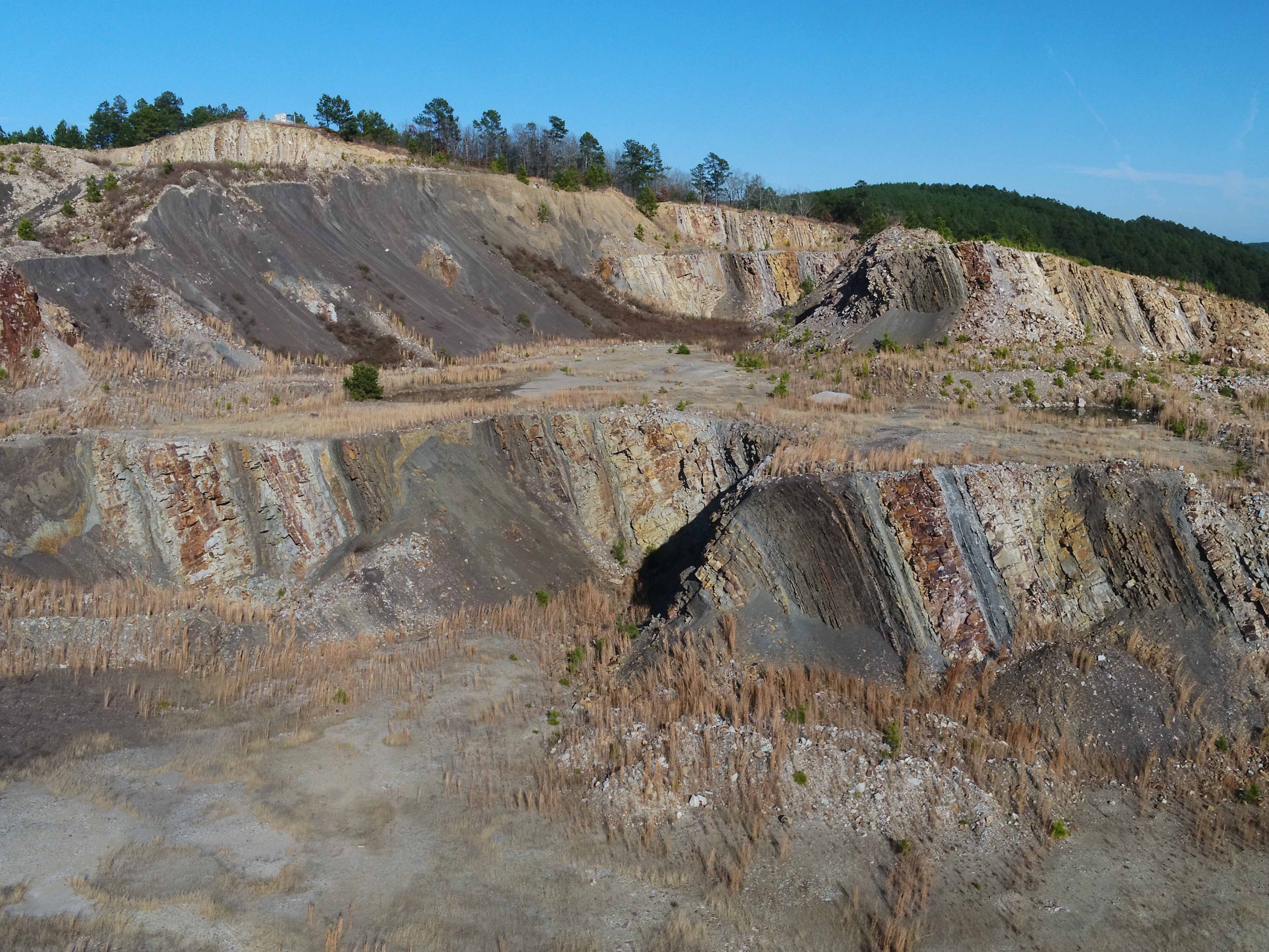Develop deep expertise in the subsurface hydrocarbon systems behind these deepwater reservoirs to reduce risk and deliver on exploration targets.
Deepwater plays are still attractive - even in light of oil price challenges and despite the meteorological-oceanic conditions, and the drilling and development costs. Recent successes prove this.
Success is characterised by longer term cash-flows. Large connected volumes tend to provide lower decline and high sustained flow rates. However, this is only if the resource potential is large enough to carry the higher development costs that can arise in these challenging environments.
Having the tools and knowledge to understand the controls on, and quantification of, the distribution of uncertainty of your resource potential is key to making the right decisions to maximise recovery and return on investment.
Our courses address subsurface technical challenges including:
- Reduction of cycle time from discovery to development
- Sedimentological and stratigraphic prediction of turbidites from slope to basin floor to identify exploration targets
- Reservoir characterisation of turbidites - including the challenge of often marginal reservoir quality (facies and diagenesis)
- Seismic imaging and identification of exploration targets in often deep and / or sub salt locations
Upcoming Training Courses
We've selected a few of our most popular courses. View the complete list of upcoming distance learning courses.
Geological seismic interpretation of deepwater systems
D483a21VC
Distance Learning
June 8 - 17
Instructor: Mike Mayall
This course provides the skills and techniques required to more effectively map different deepwater facies, leading to better understanding of the reservoir distribution and stratigraphic trap
potential.
AVO Reflectivity, Pre-stack Inversion and Quantitative Seismic Interpretation
D470a21VC
Distance Learning
June 22 - July 1
Instructor: Bill Goodway
This course provides geoscientists and engineers with the practical skills necessary to utilise seismic inversion methods and quantitative interpretation techniques to optimise drilling plans for both conventional and unconventional reservoirs.
Overpressure in Petroleum Systems and Geopressure Prediction
D013a21VC
Distance Learning
July 12 - 22
Instructor: Jakob Heller, Niven Shumaker
This class will supplement the prospector’s toolbox in sweet spot identification, develop awareness of concepts and techniques associated with completion design, unconventional reservoir development, and practical aspects of pore pressure data collection and interpretation.
Sedimentology, Stratigraphy & Reservoir Geology of Deepwater
Clastic Systems
N009a21JO
Field: County Clare, Ireland
September 22 - 26
Instructor: Andy Pulham, Martin Evans
Participants will learn to appreciate the sedimentology and stratigraphy of deepwater systems and apply this understanding to the prediction of reservoir presence, quality, distribution, and architecture. Participants will thus be equipped to add value to subsurface projects across the E&P life-cycle.
Sequence Stratigraphic
Controls on Deep-Water Reservoirs Architecture: Brushy Canyon Formation, Permian Basin
N526a21JO
Field: West Texas and New Mexico, USA
October 4 - 8
Instructor: Vitor Abreu
This field course is for geoscientists and engineers exploring for and producing deepwater reservoirs globally, and in the Permian Basin. Participants will learn to recognize deepwater depositional facies and reservoir architecture, as well as how to use sequence stratigraphy to identify and map key surfaces for deepwater exploration.
Compartmentalization and
Connectivity in Sandstone Reservoirs
D342a21VC
Distance Learning
October 4 - 15
Instructor: John Snedden
The reservoir connectivity workflow taught in this course has proven successful in increasing field reserves by identification of new or under-depleted compartments, deeper oil/water
contacts, oil columns in gas-dominated closures, and cross-fault flow or channel to channel reservoir flow that increases overall recovery.
Characterisation,
Modelling, Simulation &
Development Planning in
Deepwater Clastic Reservoirs
N033a21JO
Field: Tabernas, Spain
October 11 - 15
Instructor: Mark Bentley, Ed Stephens
This course will explore the reservoir modelling and petroleum engineering aspects of deepwater clastic reservoirs. Discussion will highlight the linkage from depositional processes to geological architecture and flow heterogeneity in development planning.
A Systematic Approach to
Defining and Evaluating
Stratigraphic and Subtle
Combination Traps
D477a21VC
Distance Learning
October 12 - 21
Instructor: Mark Thompson, Mike Mayall
This course teaches a consistent and systematic workflow for the deliberate identification and evaluation of
stratigraphic and combination traps. These subtle traps often get risked in an inconsistent manner across organisations but can contain significant resources. Course participants will acquire skills to identify new prospects, perform robust geological risk assessments, and generate more accurate resource volume assessments.
Deepwater Depositional
System Stratigraphy for Exploration And Development
N292a21JO
Field: Arkansas, USA
November 1 - 5
Instructor: Lesli Wood, Mac McGilvery
This course stresses applications to both exploration and development, examining deposits at all scales (seismic to thin section) and presents 3D geological models of these outcrop that show analog flow character during reservoir performance simulation. Participants
will gain an understanding of potential reservoir body geometry and its impact on the degree of stratigraphic compartmentalization and internal reservoir flow units.

